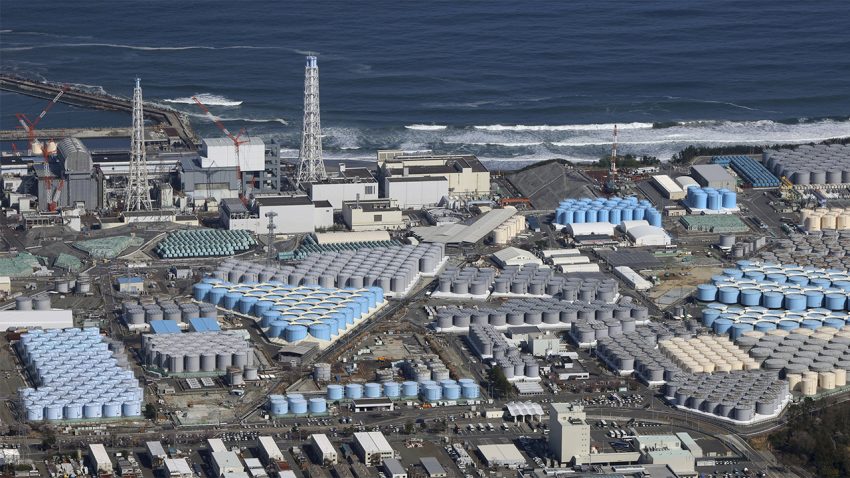Cook Islands Prime Minister and Forum Chairman Mark says that Japan’s discharge of treated nuclear wastewater into the Pacific Ocean does not violate the Rarotonga Treaty.
During his visit to Tokyo last week, PM Brown addressed concerns regarding the release of treated wastewater from the Fukushima nuclear power plant.
He emphasised that the Pacific leaders had reached a consensus with Japan on the matter.
“No, the water has been treated to remove harmful isotopes, so it’s well within the standard guidelines as outlined by the global authority on nuclear matters, the IAEA. Japan is complying with these guidelines in its discharge of wastewater into the ocean,” PM Brown said.
TEPCO owned nuclear power station uses a process known as Advanced Liquid Processing System(ALPS) involving special filters which remove from the contaminated water most of the 62 types of radioactive materials, radionuclides such as cesium, strontium, iodine and cobalt but not tritium.
The PALM10 in Tokyo last week, Pacific leaders emphasised the importance of a shared commitment to safeguarding the health, environment, and marine resources of the Pacific region and a need for transparency from Japan.
“This process must be based on scientific evidence and conducted in a highly transparent manner, ensuring it never endangers the wellbeing and livelihoods of the Pacific people or adversely affects human health and the marine environment,” Brown said.
The Rarotonga Treaty, established during the 1980s Cold War arms race between the United States and the Soviet Union, was a significant collective achievement of the Pacific Forum. The treaty bans the use, testing, and possession of nuclear weapons within the South Pacific Nuclear Free Zone (SPNFZ). It also sought binding guarantees from the five major nuclear weapon states: Russia, China, France, Britain, and the United States.
The 1985 Treaty includes three protocols prohibiting the use or threat of use of nuclear devices against treaty parties and banning nuclear weapons testing within the zone. Another protocol requires the three states with territories in the zone (France, the United Kingdom, and the United States) to apply the treaty to their territories.
Russia and China signed and ratified these protocols in 1986. France, the U.K, and the U.S signed in March 1996, after the end of 30 years of French nuclear testing, with London and Paris soon ratifying the Treaty. The U.S remains the only major nuclear weapon state that has yet to sign the protocols.
